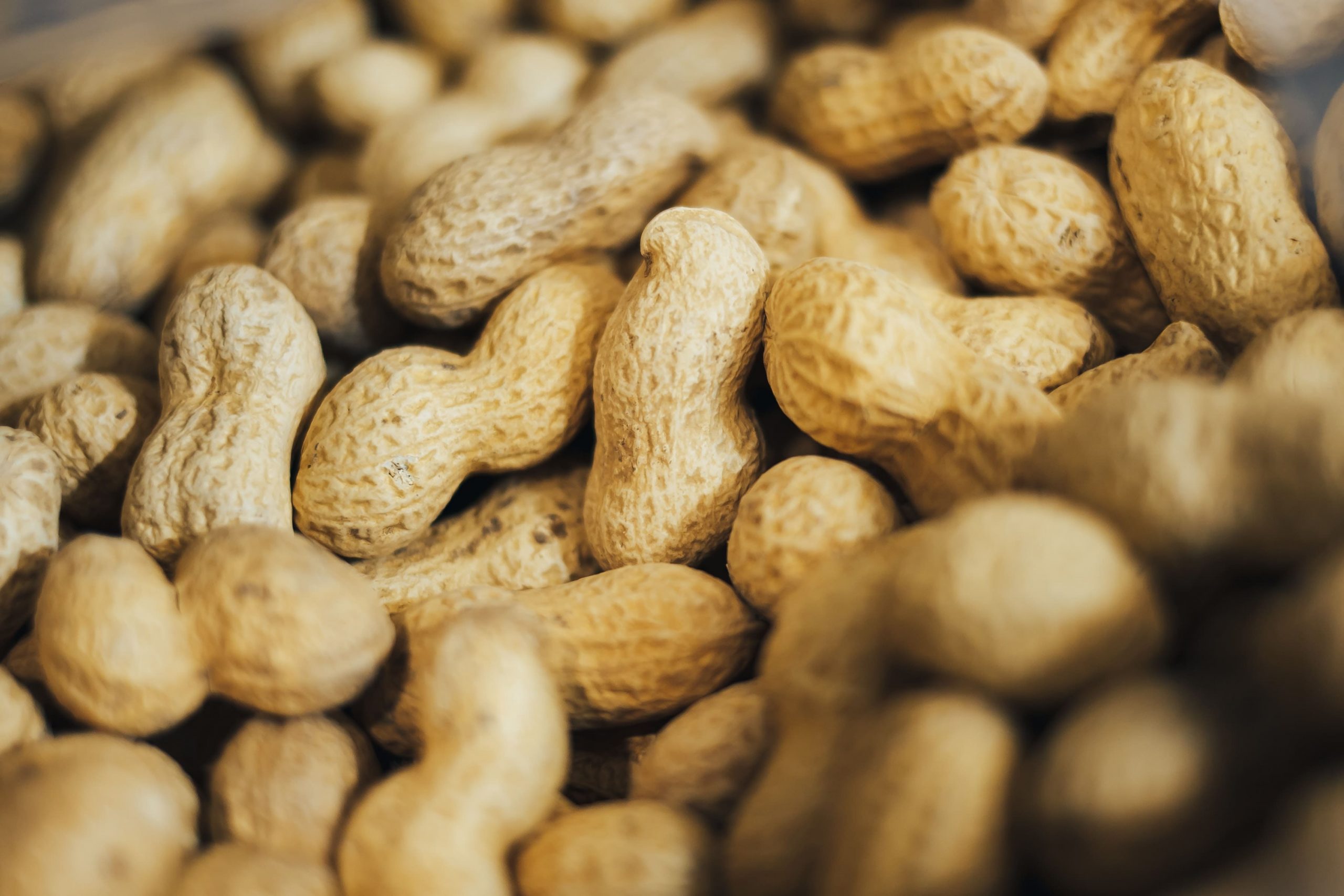Do you want to start a peanut business in Nigeria? That is not an issue, today we would learn the simple procedure to make peanuts for sale in Nigeria.
Well, before you can do anything, you first have to get peanuts. And importing peanuts from abroad is not an option.
That’s all that we would be discussing today, strategies and methods that you can use to scale your peanut business.
the cost of doing so is too high and the process is too time-consuming. That’s where the peanut processing plants come in.
How To Make Peanut For Sale In Nigeria
There are a few steps in preparing peanuts for sale in Nigeria. The first step is to clean and soak the peanuts in water overnight.
The process isn’t that straightforward, so I had to take my time and find a way to explain it for better understanding.
I attached a link to a Youtube video in case you don’t this write up explanatory or prefer a video.
Peanut butter is a classic recipe that can be easily made at home. In this guide, we will show you how to make peanut butter from scratch using simple ingredients.
To make peanut, you will need:
– Peanut butter ingredients: peanuts, salt, sugar, vegetable oil
– Cooking oil or Butter: to fry the peanuts
After getting all the ingredients above, you can then proceed to follow the steps below;
1) Start by heating up cooking oil or butter in a pan and frying the peanuts until they are golden brown. Be sure to stir regularly so that they don’t burn.
2) Add the peanuts and salt to a food processor and blend until smooth. Add sugar if desired and continue blending until the mixture is smooth.
3) Pour the peanut butter into a container and store it in the fridge for future use.
Enjoy! I have made the procedure simple, short, and easy for easy understanding.
Peanut Prices In Nigeria
If you are looking to start a peanut business in Nigeria, you will need to know about the different prices for peanuts.
The price of peanuts can vary depending on where you live and the time of year.
In the north, peanuts usually sell for around N200-N250 per kg. In the south, prices are usually lower and range from N100-N130 per kg.
There was a time last year when I purchased a peanut and I can see that the brand added a little bit of pepper.
I fell in love with the peanut immediately and I have been stuck with it since then. You can add some addictive to yours too and make it different from what’s available on the market.
Your price should depend on your packaging, audience, and addictives added to your peanut.
Peanut buyers in Lagos usually pay the highest prices since the crop is more abundant in that region.
Most buyers in Abuja are also willing to pay a higher price since there is a greater demand for peanut products in that city.
The average retail price for bugger is between N50 – N70 depending on the size. We also have the N100 – N150 size.
You should determine your price before going fully into the business.
How To Export Peanuts In Nigeria
After learning how to make peanuts for sale in Nigeria. You should step up your game by trying to sell your product abroad.
I have some steps that you can take to sell your product to the international market.
Peanut exporting is an opportunity for Nigerian peanut farmers to sell their products in international markets.
The benefits of exporting include increased income, better access to foreign markets, and the opportunity to compete with peanut producers in more developed countries.
To export peanuts, a Nigerian peanut farmer should first identify a global market that is interested in purchasing their product.
Then, they should develop a marketing plan that includes identifying potential buyers, developing packaging and labeling schemes, and conducting market research.
Finally, they should set up distribution channels and produce a sufficient quantity of peanuts to meet demand.
Peanut exports are growing in popularity across the world. In 2017, Nigeria exported US$83 million worth of peanuts, up from US$2 million in 2000. The greatest demand for Nigerian peanuts comes from Europe (27%), followed by Asia (22%) and North America (15%).
Conclusion
The peanut is a kind of legume that comes from the Fabaceae family.
It’s an annual herbaceous plant with a taproot and several branches that branch off of it, reaching a maximum height of around 1.5 meters.
The leaves range in shape and size from ovate-elliptic to lanceolate, and they are either simple and whole or somewhat lobed and serrate.
Small, white or pink flowers with two petals united at their bases form a tubular pistil at the tips of the stem branches in racemes.
Standard flowers have six stamens, each with a single, short filament. The peanut plant has ellipsoid capsules containing many peanut embryos.










